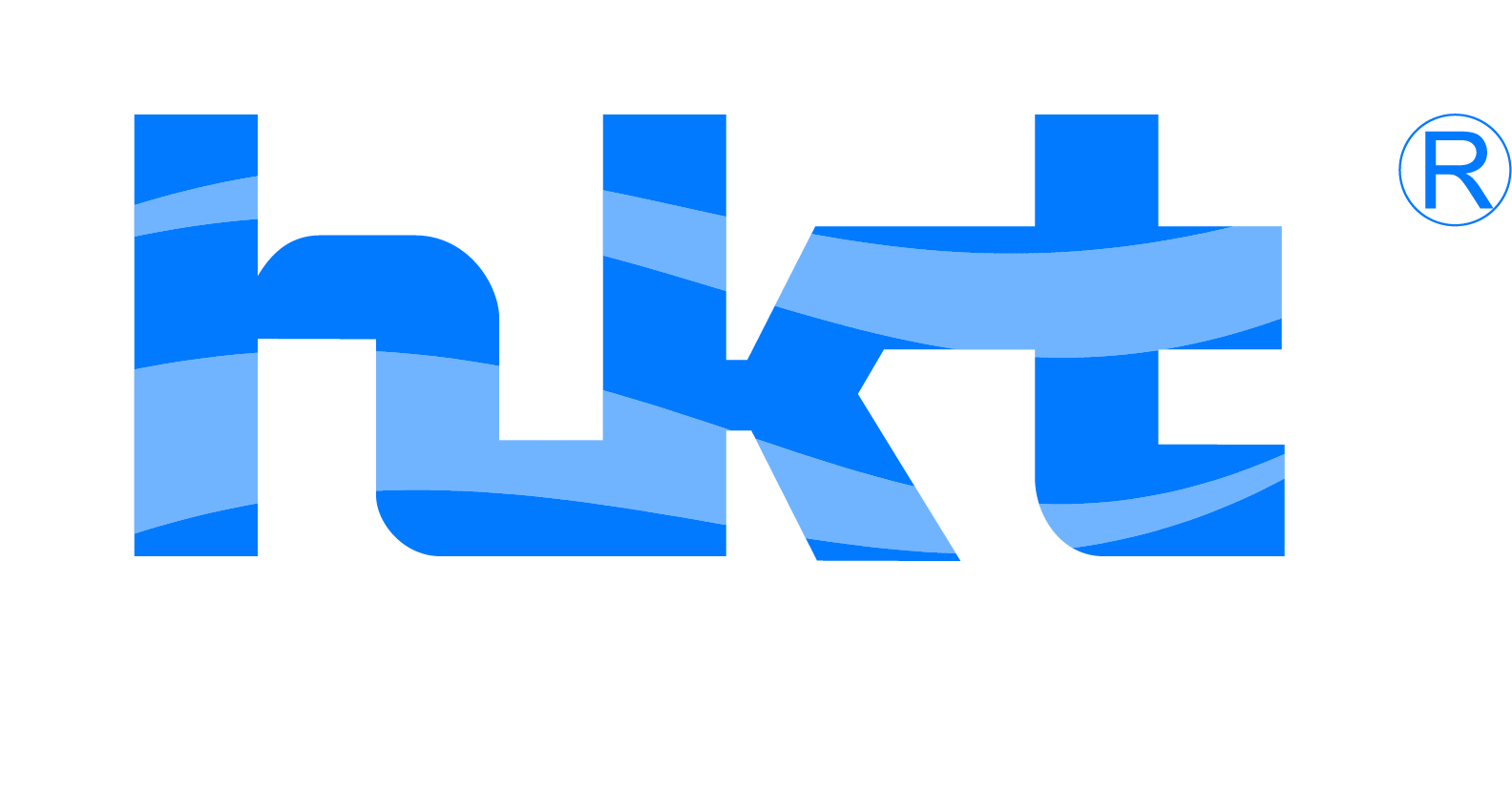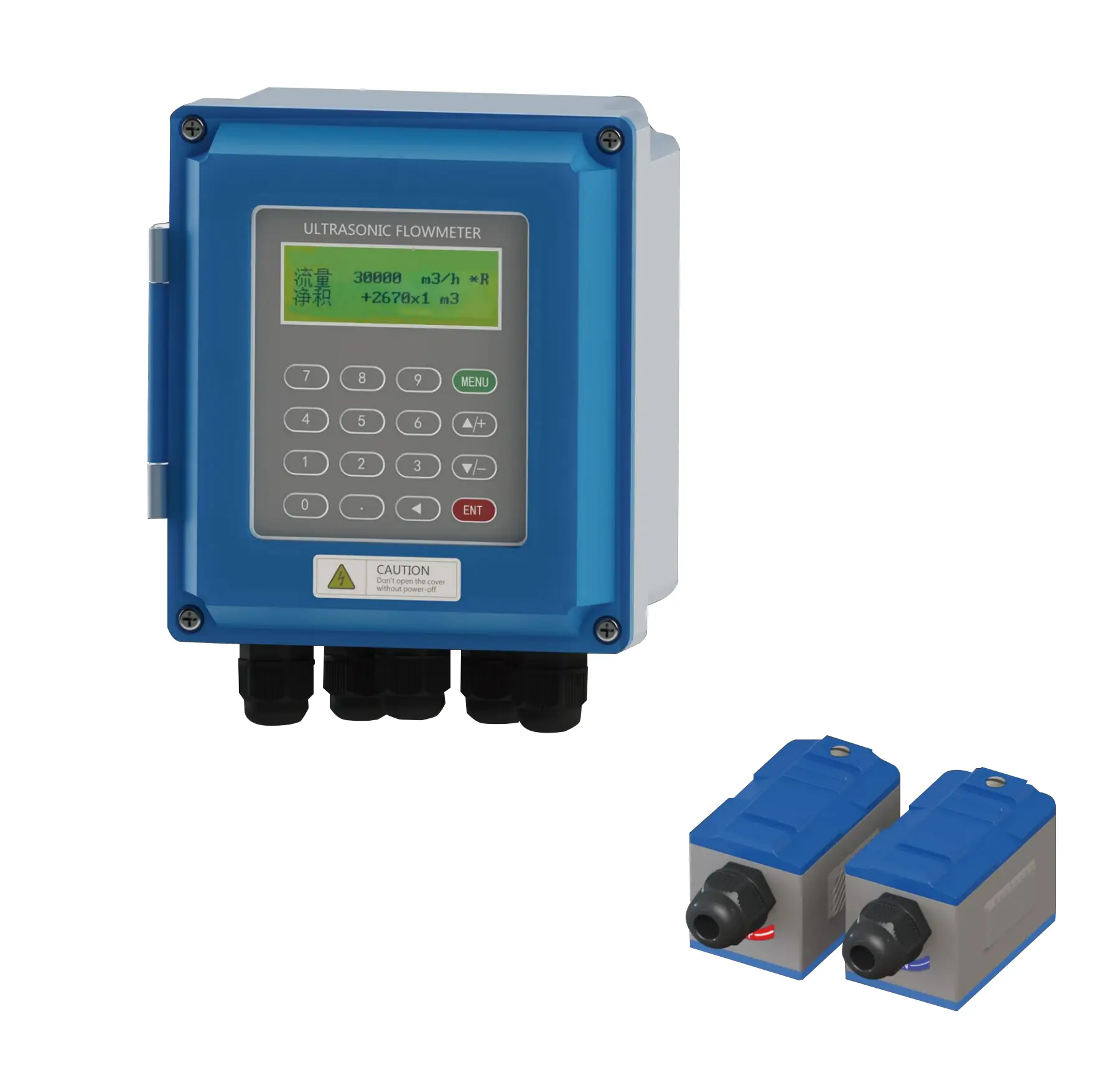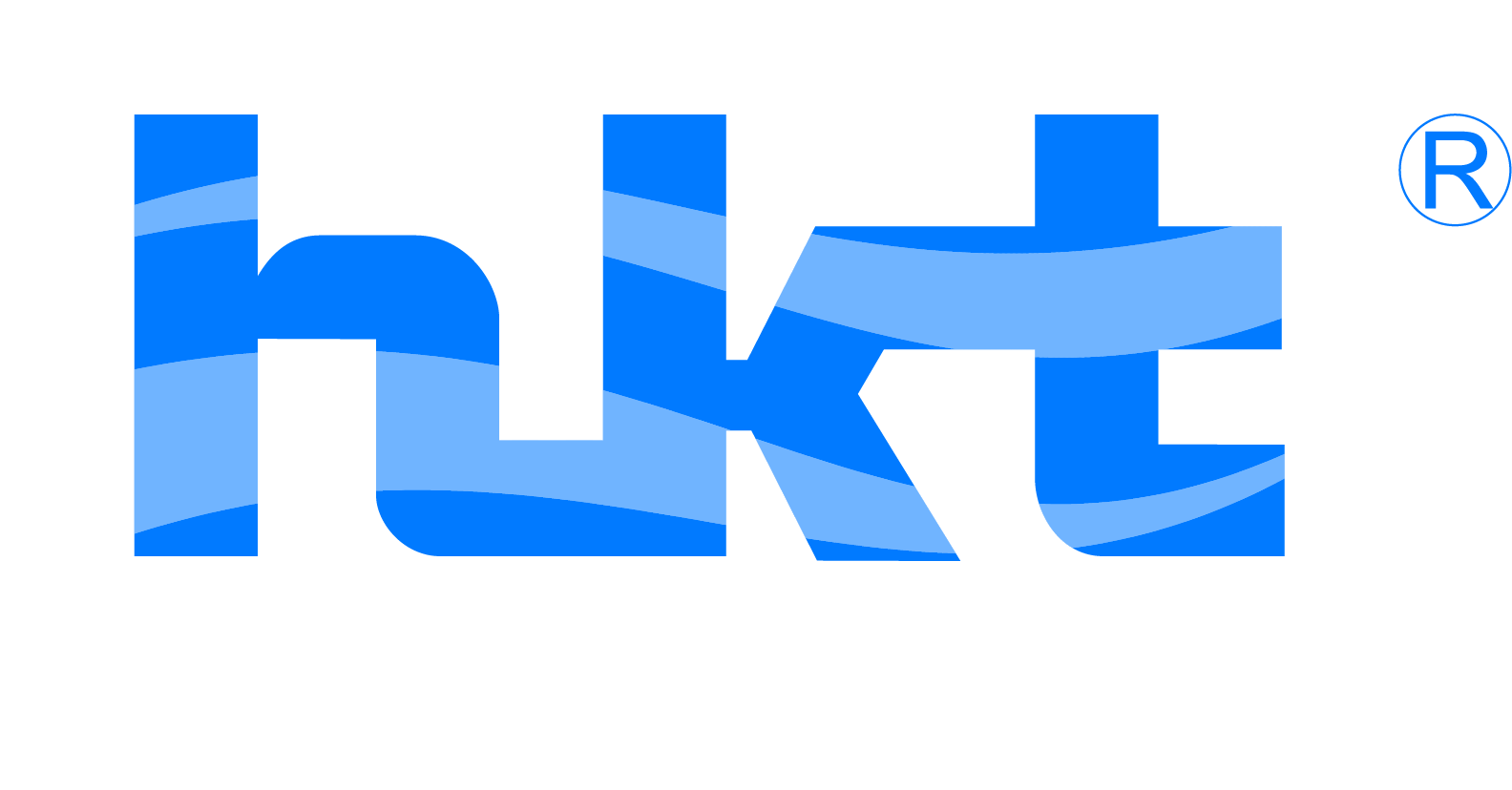The Internet of Things (IoT) and the Industrial Internet of Things (IIoT) are two key ideas that businesses must grasp in order to successfully navigate digital transformation. Even though they are connected, their primary functions are distinct. How does the Internet of Things vary primarily from the Industrial Internet of Things? Whereas the Internet of Things (IoT) is mostly concerned with consumer-facing apps and broad data collection, the Industrial Internet of Things (IIoT) aims to improve dependability, security, and responsiveness in ultra-critical industrial systems in real-time. IIoT solutions tailored to these demanding industrial settings are HKT LORA’s forte.
IoT Fundamentals: Consumer and General Use Cases
IoT connects everyday devices—smart thermostats, fitness trackers, or home appliances—to the internet, prioritizing convenience, user experience, and broad data insights. These systems operate in controlled settings and handle non-critical information. When evaluating what is the main difference between IoT and IIoT, a key distinction lies in IoT’s tolerance for latency and its focus on cost efficiency over robustness. IoT networks prioritize scalability and user interaction but lack the deterministic performance required for industrial control.
IIoT Fundamentals: Industrial Resilience and Precision
IIoT operates within high-stakes industrial contexts like manufacturing plants, utility networks, and energy infrastructure. What is the main difference between IoT and IIoT in practical terms? IIoT systems demand extreme reliability (99.999%+ uptime), near-zero latency for real-time control, military-grade security against cyber threats, and resilience in harsh conditions (temperature extremes, vibration, moisture). Devices must offer decades of service with minimal intervention. Failure in IIoT can trigger safety incidents, production shutdowns, or environmental damage.
Core Distinctions: Purpose, Environment, and Technical Requirements
What is the main difference between IoT and IIoT? The divergence spans objectives, operating environments, and technical specifications. IoT prioritizes lifestyle enhancement and data accessibility in benign settings. IIoT focuses on optimizing industrial processes, ensuring safety, and enabling machine-level control in challenging physical conditions. IIoT requires deterministic communication, predictive maintenance capabilities, and integration with industrial control systems (ICS/SCADA), where IoT typically relies on standard cloud platforms.
HKT LORA’s IIoT Solutions: Built for Industrial Demands
Recognizing what is the main difference between IoT and IIoT informs HKT LORA’s design philosophy. Our LoRaWAN Wireless Water Pressure Transmitter exemplifies true IIoT engineering: IP64-rated durability for harsh environments, selectable accuracy, and flexible power. Using the LoRaWAN protocol ensures long-range, low-power, and secure data transmission—critical for IIoT deployments in water management, energy, or manufacturing. HKT LORA devices meet industrial reliability standards where consumer IoT products fall short.
Implementing IIoT for Measurable Operational Impact
What is the main difference between IoT and IIoT regarding business value? IIoT drives quantifiable ROI through predictive maintenance, reduced downtime, and enhanced safety. HKT LORA sensors enable continuous monitoring of critical parameters like pressure thresholds. This allows factories to prevent hydraulic system overloads, water utilities to detect leaks city-wide, and solar farms to optimize pump efficiency. Automated alerts triggered by user-defined limits enable rapid response, minimizing risks and operational costs.
Conclusion
What is the main difference between IoT and IIoT? Ultimately, it’s IIoT’s uncompromising focus on robustness, security, and real-time performance in critical infrastructure. For applications where failure carries significant consequences, HKT LORA’s IIoT solutions deliver the reliability needed. We enable industries to harness real-time data for safer, more efficient, and sustainable operations. Partner with HKT LORA to deploy IIoT technology designed for industrial excellence.



